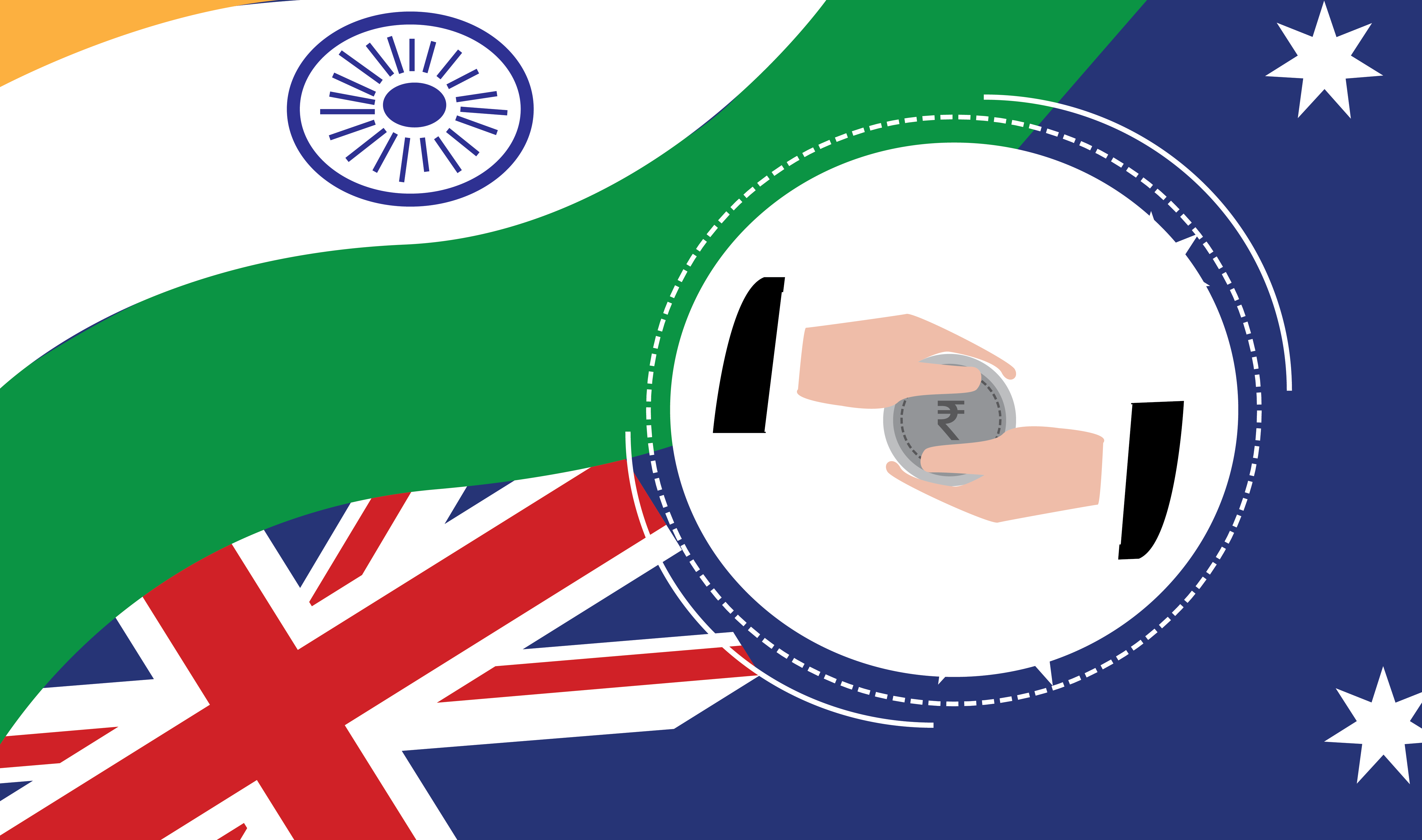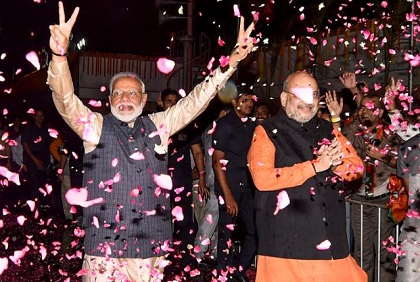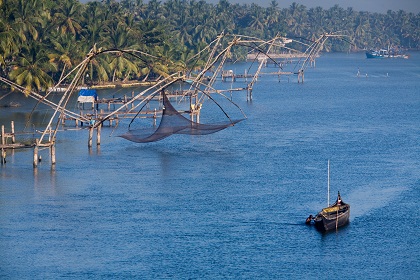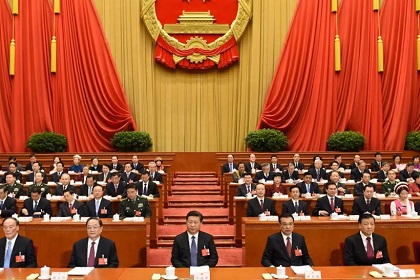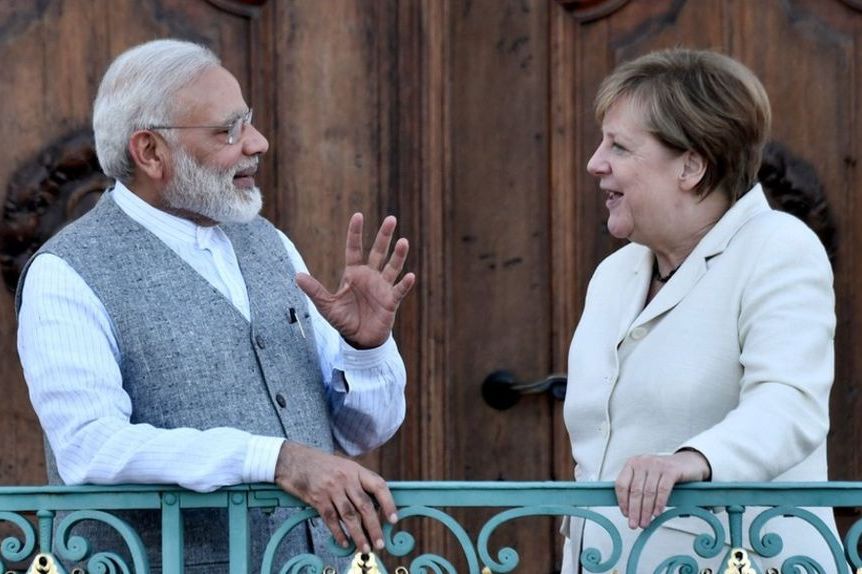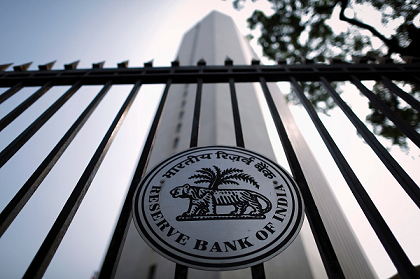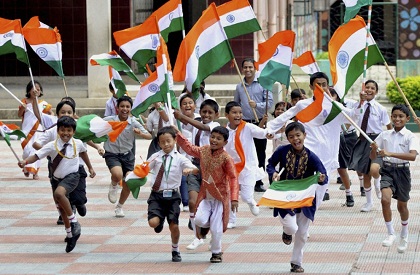A case for balanced BITs
The Bilateral Investment Treaty has been losing favour as a dispute resolution mechanism since the recession of 2008. India has terminated several BITs after receiving an unfavourable award in a 2012 case. These terminations have created uncertainty regarding existing foreign investments and are not the answer to disputes. A balance is needed, especially for emerging markets, which must protect against claims whilst ensuring confidence in business. The analysis below provides some options

